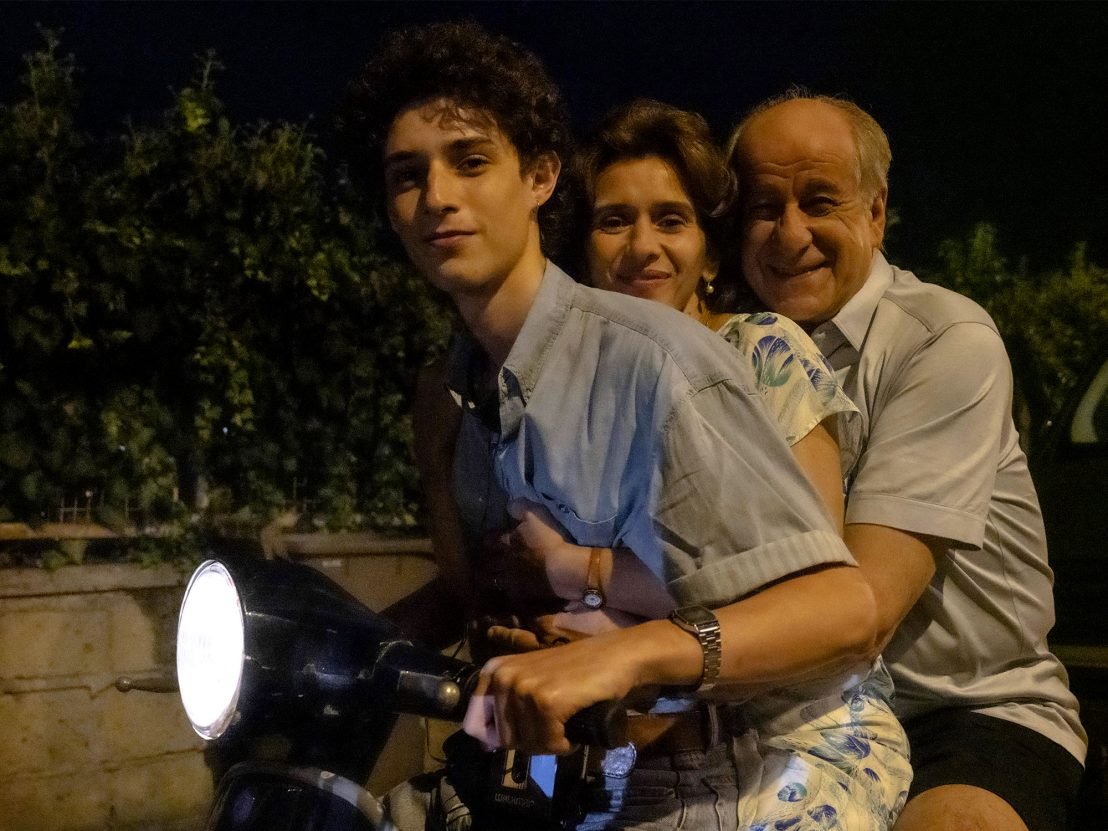Spoiler-free review: 'Spider-Man: No Way Home' is a twisty action movie that pits Tom Holland's Peter Parker against villains from across the franchise's multiverse
With the third installment of their collaboration putting Peter Parker onscreen, actor Tom Holland and director Jon Watts work a good amount of magic in “Spider-Man: No Way Home” — thanks to the borrowed cache of the Marvel Cinematic Universe and past iterations of the famous wall-crawler.
To get everyone up to speed without spoiling anything that isn’t in the marketing campaign or in the previous films, a recap: Peter Parker has been outed as Spider-Man, thanks to the vengeful muckraker J. Jonah Jameson (J.K Simmonds, in a role he first played in Sam Raimi’s “Spider-Man” trilogy). Jameson, now an Alex Jones-style conspiracy theorist, has framed Spidey with the murder of Mysterio (seen in “Spider-Man: Far From Home”), and being a public figure is a drain on Peter’s personal life — and his relationshp with his girlfriend, Michelle Jones-Watson, aka MJ (Zendaya).
In an attempt to get his life back, Peter goes to Dr. Steven Strange (Benedict Cumberbatch), last seen together at Tony Stark’s funeral at the end of “Avengers: Endgame,” to ask if he can turn back time or something. Strange offers to cast a spell to make people forget that Peter Parker is Spider-Man — but the spell goes awry and doesn’t take. But something else does happen: Suddenly, the multiverse opens up and delivers former enemies of previous “Spider-Man” movies at our Peter’s doorstep.
Some of them, like Dr. Otto Octavius (Alfred Molina) and his robotic tentacles, you’ve seen in the trailers. Others are a surprise, and I wouldn’t want to deprive anyone of the excitement of seeing who shows up to the party. Needless to say, it’s an old-school monster mash, and a chance for Holland and Watts to show how they stack up against the actor/director teams of before — Raimi and Tobey Maguire in their “Spider-Man” trilogy of the early aughts, and Marc Webb and Andrew Garfield in their two “Amazing Spider-Man” films.
Screenwriters Chris McKenna and Erik Summers, who also wrote the first two Holland/Watts chapters, pen a twisty, tightly plotted story that gives every character their moment without feeling too crammed — not an easy trick in movie that clocks in just shy of 2-1/2 hours. The only major stumbles are in the mid-credit and post-credit scenes, when the franchise overlords have to impose their corporate will to whet appetites for the next movie while we’re still digesting the one we just saw.
Holland has now played Peter in more movies than either Maguire or Garfield have — three with “Spider-Man” in the title, plus “Captain America; Civil War” and two “Avengers” movies — and has made the role his own. He’s showing Peter’s maturity, as he finally comes to terms with what it means to be Spider-Man, taking to heart the character’s motto, uttered here by Marisa Tomei’s Aunt May, that with great power comes great responsibility. Holland’s Peter — with his friends MJ and Ned Leeds (Jacob Batalon) in his corner — proves he’s strong enough to face any villain from any universe, and keep Spider-Man swinging for more movies to come.
——
‘Spider-Man: No Way Home’
★★★1/2
Opens Friday, December 17, in theaters everywhere. Rated PG-13 for sequences of action/violence, some language and brief suggestive comments. Running time: 147 minutes.







